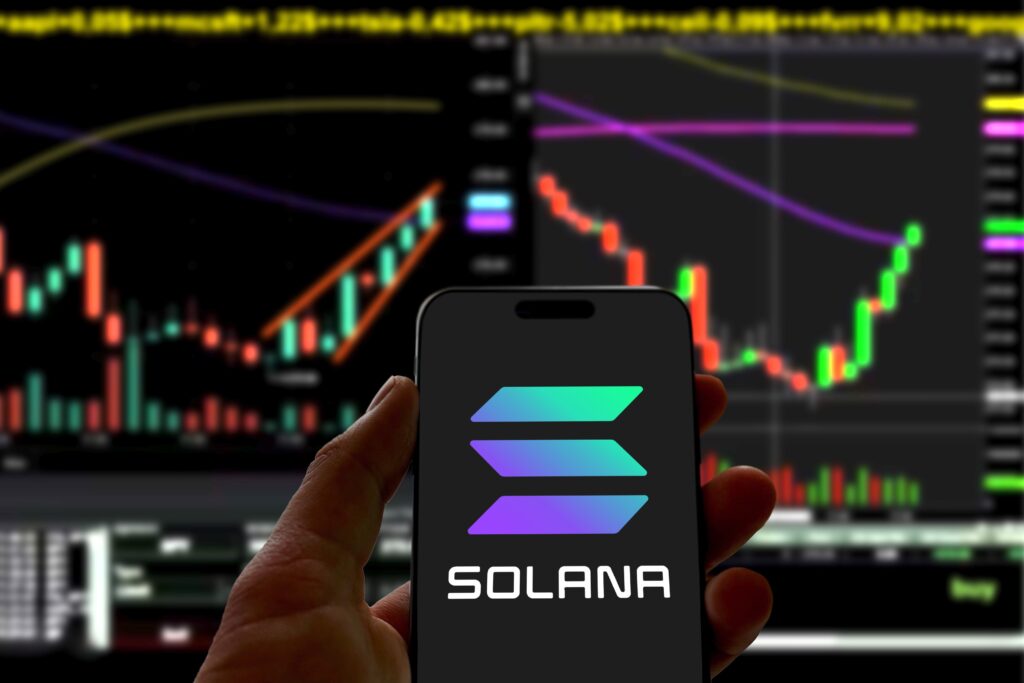
Key Takeaways:
- Galaxy Research proposed a weighted voting model (MESA) allowing validators to vote on a range of deflation rates, instead of binary choices, to guide Solana’s inflation policy.
- The model aims to reflect the average preference across validators and produce a market-responsive emission curve, maintaining the long-term inflation target of 1.5%.
- This approach addresses challenges from previous proposals like SIMD-228, enabling a more nuanced community consensus.
Galaxy Research has proposed a new voting system, called Multiple Election Stake-Weight Aggregation (MESA), to help the Solana community reach consensus on inflation rate changes more effectively.
The model moves away from binary yes/no votes, allowing validators to vote across a range of deflation rates.
We just introduced a new Solana proposal called Multiple Election Stake-Weight Aggregation (MESA) to reduce SOL inflation: a more market-based approach to agreeing on the rate of future SOL emissions.https://t.co/mcVdkRiM8y
— Galaxy Research (@glxyresearch) April 17, 2025
The final rate is then determined by the weighted average of all votes, reflecting a more market-responsive outcome.
This proposal follows the failure of an earlier initiative, SIMD-228, which showed broad agreement on reducing inflation but couldn’t settle on specific parameters due to the limitations of binary voting.
MESA aims to offer a flexible and inclusive approach without altering Solana’s fixed terminal inflation target of 1.5%.
For example, if different vote percentages support varying rates, MESA would calculate an average outcome—like 30.6% if the votes were split among 0%, 30%, and 33% reductions.
This method allows a smoother path toward the 1.5% terminal rate while capturing a broader range of validator preferences.
Currently, Solana’s inflation is at 4.6%, down from an initial 8%, and continues to decline annually.
Galaxy Strategic Opportunities, an affiliate of Galaxy Research, also operates within the Solana ecosystem as a staking and validation provider.

